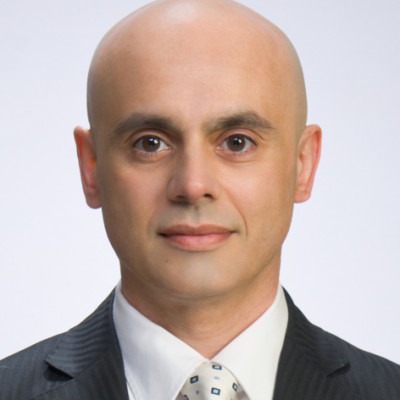Dan Ferreira
Sophia University
Dan Ferreira, Ed.D., is a contract lecturer at Sophia University in downtown Tokyo and is a Google Certified Trainer and an Apple Teacher. He has been an educator for close to two decades and has served as an English language teacher and an instructional tech coach at several public and private universities in the Greater Tokyo region. Dan holds a doctorate in education with a specialization in e-Learning from Northcentral University, San Diego, California. His dissertation topic was on the barriers and successes of teacher use of instructional communication technology for teaching purposes. He currently serves as an adviser on the Technical Advisory Committee which provides professional technical assistance and advice to the Japan Association of Language Teachers (JALT) -- the largest English language teaching organization in Japan.

Sessions
Barriers to ICT integration at a Japanese college
The purpose of this qualitative action research study was to explore the perceptions and experiences of EFL university teachers in Eastern Japan in overcoming barriers to the integration of information and communication technology (ICT) in their daily teaching practice. The problem addressed in this study was that universities in Japan are under pressure to align their curriculum with government initiatives that demand ICT integration, but governmental guidelines for faculty development across educational institutions have not been developed. The research setting was a liberal arts college in Eastern Japan. Purposeful sampling was used to attain a sample of 12 EFL university teachers. Cultural-historical activity theory (CHAT) served as the theoretical framework. MAXQDA 12 software was used to identify codes, patterns, and themes across the collected data. The major themes included were (a) software was too difficult to use for teaching purposes and was a barrier to ICT integration and (b) faculty contemplation of learning objectives and learning outcomes informed decisions to integrate ICT successfully. Recommendations for educational leadership included creating a theoretically driven ICT training program tied to curriculum learning objectives and hiring educational technologists to provide “just-in-time” techno-pedagogical support.